We are genuinely addicted to opening our mobile apps several times a day. Do you know that an average person unlocks their mobile at least 100 times in a single day?
This is because of the UI/UX design services and impressive mobile user experience. This user experience is the outcome of the programming languages for app development. Different programming languages are floating around, and there are also other programming languages for mobile apps of, Android and iPhone application development.
According to a survey, 69.7 per cent of people use JavaScript, which is considered one of the most famous languages for app development. This article will teach the top 10 programming languages for UI and UX interfaces. Let’s dive in to explore the different programming languages for app development.
Top 10 Programming Languages for Mobile Applications
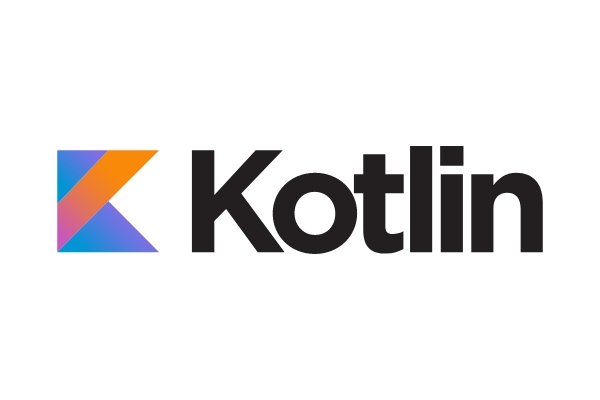
1. Kotlin
As announced by Google, Kotlin is the official programming language for app development for Android. Kotlin is an advanced version of Java and is considered the best app development language. But Kotlin neither requires the semicolon to end the statement nor shows null pointer anomalies.
It is because Kotlin is built for beginners and has more specific features than Java programming language for app development. Kotlin runs on JVM( Java Virtual Machine) along with Java. The only con of Kotlin is that it belongs to one of those complex programming languages with complex syntax codes.
2. JavaScript
JavaScript is a prominent programming language among other mobile app development languages. The best part about JavaScript is its accessibility on almost every platform, and JavaScript can run on different browsers and even outside browsers.
Moreover, you can compile JavaScript with other app development languages. JavaScript can support object-oriented programming and dynamic typing. JavaScript already has inbuilt features, and there is no need for compilation with other app development languages. It is a convenient, prototype-based, featherweight, and platform-independent language. The con of JavaScript is its poor browser support.
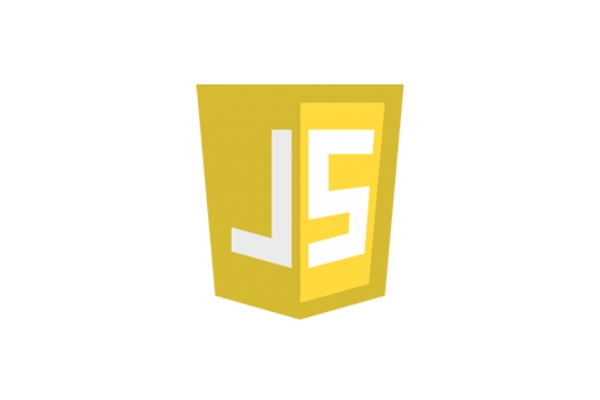
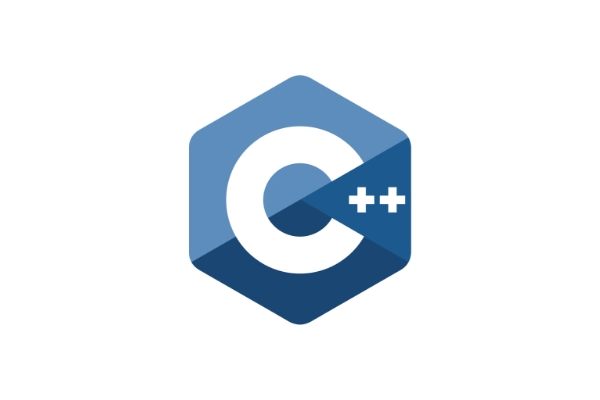
3. C++
The widely used C++ programming language for mobile apps has various applications, and it is one of the most popular programming languages for mobile apps, Native apps and Android apps. C++ is a flexible language that can quickly adapt to different environments, including various ecosystems and hardware.
It mostly compiles with cloud-based computing applications. Its other applications include real-time mathematical simulations, GUI-based apps, banking apps, etc. C++ is among the programming languages which contains inbuilt compilers and libraries and doesn’t require any pre-stuff to activate.
4. Python
How can we forget Python when discussing the best programming language for mobile applications? The most popular applications, including Pinterest, Instagram, and YouTube, use Python as their programming language.
Python is used for several purposes, including network servers, machine learning, media tools, desktop apps, web applications, etc.
This language works well for new startups willing to introduce their apps in the market.
Its other features include improved control abilities, robust integration, and decent library support.
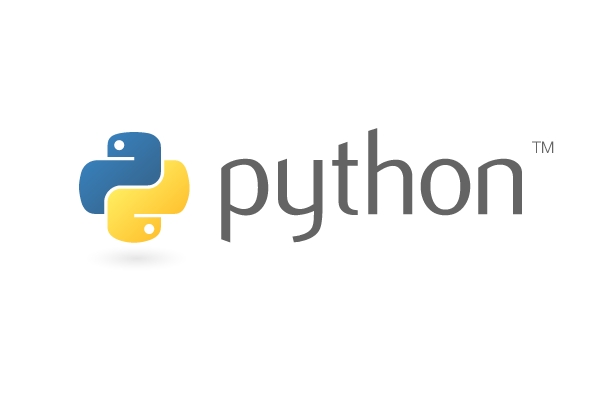
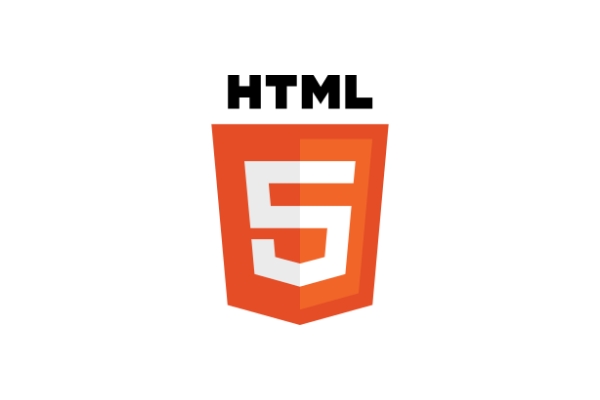
5. HTML 5
All versions of HTML are good, but the 5th version of HTML, i.e., HTML 5, is worth considering for location-based mobile applications. It provides exceptional benefits that are not generally available with other programming languages. Such features include market deployment, multi-platform applications, media elements, etc.
Google Drive and Google Docs are the most famous examples of HTML 5 programming language-based mobile applications. While developing websites, HTML 5 furnishes improved Adobe Flash utilization and vector graphics. It also provides a list of inbuilt tags for photos, footer and header information, and other identifying features.
6. Java
Running on Java Virtual Machine (JVM), Jave is the official programming language of Android development applications. With the help of Java, one can conveniently develop server apps, games, Android apps, websites, embedded spaces, etc. Java is an interpreted and compiled language, and its implied machine sandbox and access modifiers ensure the security of protocols.
The Neutral language, Java, is not dependent on any platforms or environments for its functioning. This platform-independent language is accessible everywhere, including different platforms, environments, virtual machines, and browsers. The only con of the programming language Java is its complexity and inadequately composed class libraries.
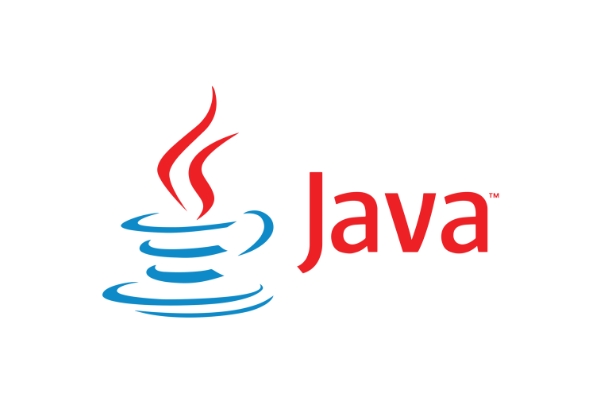
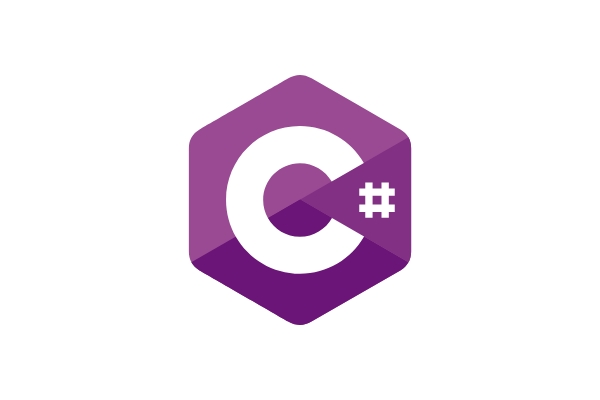
7. C#
C# is read as C sharp. The C# contains is based on the object and is generally used on windows app development and cross-platform. C# is a decent alternative to Java, Objective C, and Swift because of its similar available features. C# also has a rich class library and a security code for data protection and privacy.
Other characteristics of C# include interoperability, scalability, well-structuredness, and updatable. You can even quickly deploy C# codes when they are not required. But C# is a case-sensitive language and displays an error quickly, even if there is any minor interchange of alphabets or numbering.
8. Swift
Swift has been gaining popularity over the last few years and has become the programming language accessible on various platforms. The platforms on which Swift can be installed are tvOS platforms, OS X platforms, and iOS platforms.
Swift is known for its convenience and scalability, which allows every feature to get involved quickly and benefit the system. The popular professional platform Linkedin is based on the Swift programming language. Other prominent applications using Swift are Hipmunk and Lyft. It contains X code which can detect even slight errors during compilation.
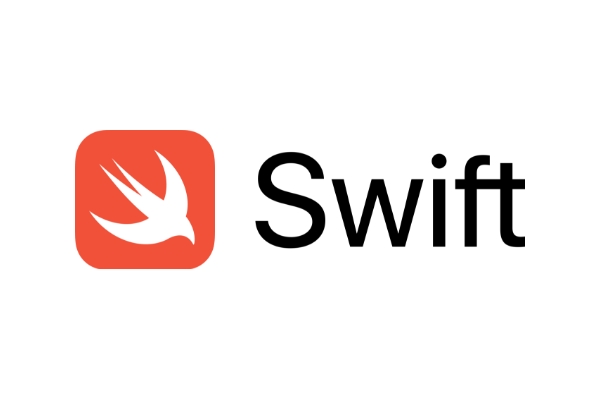
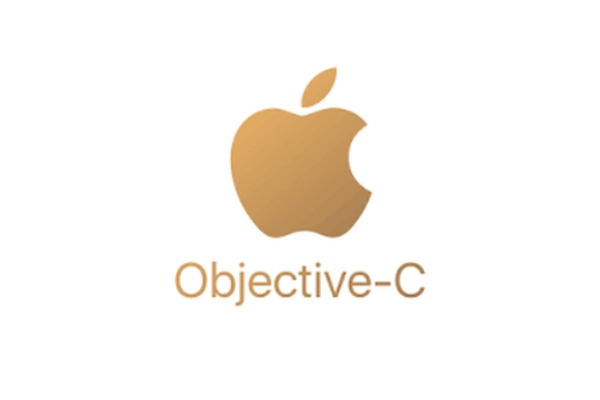
9. Objective C
Objective C, as its name suggests, is an object-oriented programming language. It has some exclusive features which are not available in other programming languages, and one such feature is the Smalltalk-style messaging.
Objective C is built explicitly for iOS and macOS platforms and applications and can substantiate dynamic and static typing. The message syntax provided by Objective C signifies digestible natural language. It also has a fine garbage collector that finds and corrects errors during the compilation process.
10. Dart
Dart’s chief focus remains on speed, productivity, and UI as an open-source programming language. Dart is specifically popular for Native mobile applications, and Google itself builds Dart to promote the concept of app development on every program.
Dart can successfully support iterative modifications and dynamic and static typing. It has convenient core programming functions and contains AOT( Ahead of Time) and JOT (Just in Time) compilers. Backend connections are often weak in Dart and have poor native browser support.
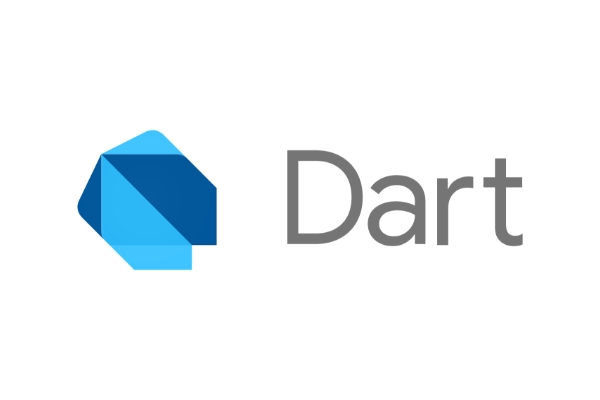
Frequently asked questions
C++ is an excellent programming language for app development, but an application can not be built using only C++ programming because it lacks several crucial features of successful app development. It uses NDK (Native Development Kit) along with C++ for a smoothly running C++ native code implementation, and C++ has inbuilt libraries which can only be implemented using NDK.
Python is often less used in mobile app development, and it is because of the low speed of the Python programming language. The mobile capabilities and memory are restricted, so users expect a fast user experience, and Python is incapable of doing so. Java is generally used for a quick user experience.

Wrapping Up
Hence, this was all about the top programming languages for mobile apps. All these programming languages for mobile apps are the best in their way. All app development languages work well on different devices, each with pros and cons. Mobile applications can opt for any app development language according to their requirements and preferences.


